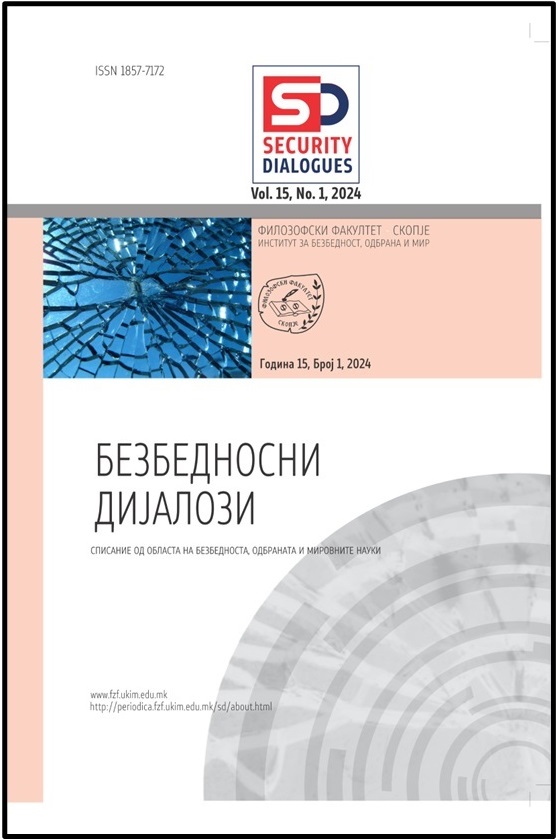RESILIENCE BUILDING AGAINST CYBER INSECURITIES IN THE BALTICS
Апстракт
The Global Risk Report of the World Economic Forum has been defining cyber
insecurity as one of the severe global risks since 2023. The Global Risk Report 2024 ranked
cyber insecurity as the eight global risk by severity over a ten-years-period. The peaceful
environment the cyberspace had provided for almost two decades ended with the release of
the Morris Worm, the first harmful malware, in 1988. Since then cyber threats and cyberattacks have been posing serious dangers to national security. The cyber-attacks on Estonia
in 2007 owing to the Bronze Soldier event are considered as an important milestone in
cybersecurity studies. These were followed by the cyber-attacks on Georgia in 2008 and on
Iran in 2010, which created a serious need for cyber policies, actions, strategies and norms
at national and international level like the efforts of the UN, NATO and OECD to overcome
the unwanted results of the cyber domain. This study will deal with the Baltic states’ cyber
capabilities, cyber capacity building, security concerns and cybersecurity challenges from the
perspective of small states’ security considering the latest developments in Eastern Europe
since 2022, the fast advancements in information technology and artificial intelligence. The
study will be a desk research focusing on the national strategies, policies and action plans
of the Baltic states to fight with the insecurities of cyberspace by using case study analysis
as a research method. This study aims to shed light on the vulnerabilities and resilience of
the Baltic states facing with cyber insecurities. The scholarship will contribute into Baltic and
cyber security studies.


